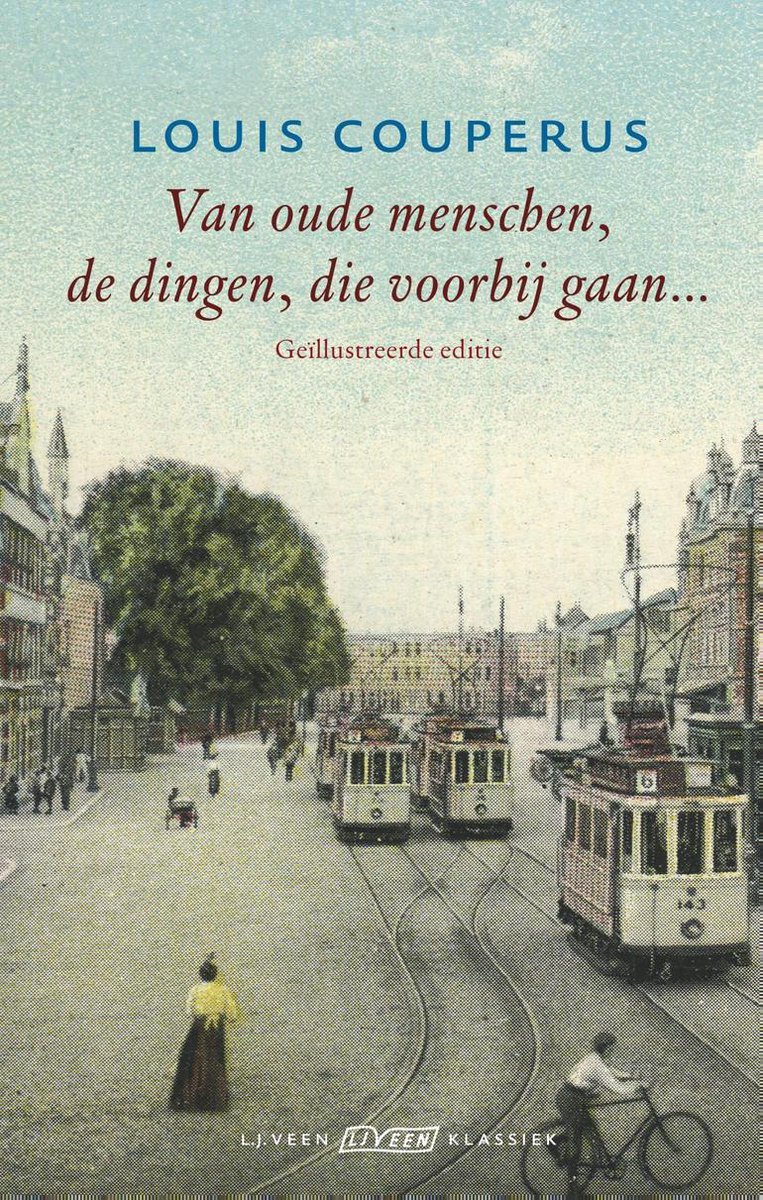Old People and the Things that Pass
In this much-read family saga, one of the classics of Dutch literature, Couperus creates a highly variegated psychological portrait of a bourgeois family both bound together and torn apart by a terrible secret. The novel describes an entire social class, its wealth to a large extent derived from overseas colonies, as it heads towards ruin.
The reader gets to know innumerable members of the Dercksz family. Aged ninety-seven, materfamilias Ottilie Dercksz is the living embodiment of years spent in the Dutch East Indies, years that are now steeped in nostalgia. The old lady is also the keeper of a family secret she hopes to take with her to the grave, but when her grandson Lot chooses to marry Elly Takma, the Fates begin to stir. It turns out that ‘The Thing’, as the secret is called, is not confined to a memory shared by Lot’s grandmother and Elly’s grandfather. It grows, gaining a hold on everyone connected to the history of the two families, and with it Couperus’ novel grows too, into a stirring, panoramic tale of a manybranched, doomed family.
The tauntingly postponed revelation of the family secret creates irresistible tension, but what makes this novel truly astounding is its incisive yet subtle depiction and analysis of diverse voices and characters.

Louis Couperus (1863-1923) spent much of his younger life in the Dutch East Indies (modern Indonesia), and many of his novels and stories are set either here, or in The Hague where he was born, though his work also contains impressions of Italy, Africa and China, the fruits of his tireless travelling.